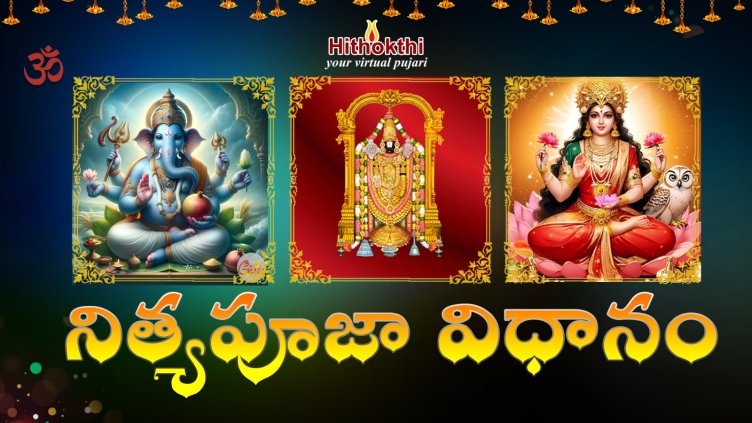Vinayaka Chaviti – Reunion time for potter families

Vellore, September 7, 2013: Home to about 250 families of the Kulalar community whose traditional occupation is pottery for several generations, Vellore today has only about 10 per cent of these families still in the business.
Both positive and negative indicators like better educational and job opportunities and declining income from the business and lack of interest among younger generation in continuing the profession contributes to the exodus from the art of pottery.
According to A. Dinakaran, a member of a potter family in Vinayakar Koil Street (known earlier as Kosa Theru) in Vellore, who works with a spiritual organisation here said that 50 per cent of the members of the Kulalar families of Vellore have migrated to other districts, other States and other countries for jobs thanks to the increasing educational and job opportunities available to them.
R. Padma, his mother and a retired Tamil teacher said that the elders in the families used to engage their children in the pottery profession about three to four decades ago. But, thanks to better educational opportunities available for the last two decades, the parents in the Kulalar families are putting their children in good schools and colleges, as a result of which many have become engineers and doctors, and were working in different parts of the country. One of her sons works in a private company in Dubai.
About three to four decades ago, pots were sold on a regular basis since many households used pots to store water and for preparing rice in the semi-urban areas and villages, but today, with the increasing consumerism, almost all urban households have a refrigerator, therefore they do not store water in pots. With the advent of the pressure cooker, the practice of cooking rice in pots has almost vanished. Even to prepare Pongal during the festival, most house holds use brass vessels and not pots. The bigger pots have given way to smaller ones which are used in ice-cream parlours for stuffing ice-cream and in star hotels for storing curd. Flower pots are still being made as they have a steady business, being purchased by the agriculture and horticulture departments for preparing nurseries and by the general public for growing flowering plants.
The seasonal sales include Vinayaka idols for the Vinayaka Chathurthi and ‘agal’ lamps during the Karthigai Deepam festival.
But, come Vinayaka Chathurthi, almost all the family members, wherever they are, will apply leave and return home to help their parents and siblings in making Vinayaka idols for the festival.
The work of making the idols starts three months prior to the festival. They stay for about 10 days to a month, depending on their leave availability, make the idols and return to their places of work, and come back on the eve of the festival to cater to the demands of the customers for the Vinayaka idols.
Eighty per cent of those who celebrate the festival buy the idols only on the morning of the Vinayaka Chathurthi day, when the potters will all be busy fixing the ‘Prabhai’ (ring) on the idol and selling them to the customers. Another important aspect of the making of the idols is the moulding of the base, middle portion and face of the idol, which is done through the electric wheel (which has replaced the traditional potter’s wheel), which makes the job easy. Only a few among the potter family members are skilled in the art of moulding them. The rest of the potters buy the moulded portions from them and make the homogenous idol in their homes using water and wet clay to bind them together.
Only the older members of the potter families know the art of moulding the different portions of the idol. “When they die, even this art would fade away, and in the next generation, we may be forced to buy the idols from other parts of the State to sell them for Vinayaka Chathurthi,” rued a potter.
Source: September 7, 2013







